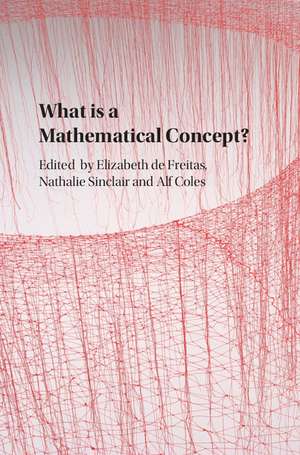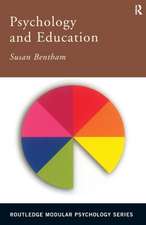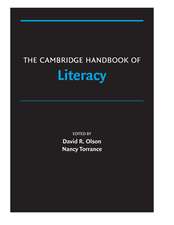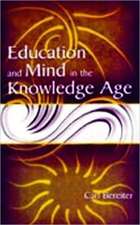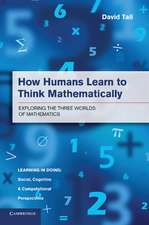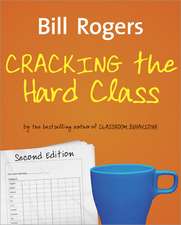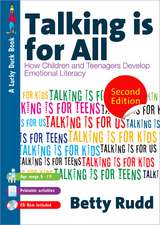What is a Mathematical Concept?
Editat de Elizabeth de Freitas, Nathalie Sinclair, Alf Colesen Limba Engleză Hardback – 21 iun 2017
Preț: 726.60 lei
Preț vechi: 844.88 lei
-14% Nou
Puncte Express: 1090
Preț estimativ în valută:
139.03€ • 151.50$ • 117.16£
139.03€ • 151.50$ • 117.16£
Carte tipărită la comandă
Livrare economică 23 aprilie-07 mai
Preluare comenzi: 021 569.72.76
Specificații
ISBN-13: 9781107134638
ISBN-10: 1107134633
Pagini: 316
Dimensiuni: 160 x 237 x 24 mm
Greutate: 0.57 kg
Editura: Cambridge University Press
Colecția Cambridge University Press
Locul publicării:New York, United States
ISBN-10: 1107134633
Pagini: 316
Dimensiuni: 160 x 237 x 24 mm
Greutate: 0.57 kg
Editura: Cambridge University Press
Colecția Cambridge University Press
Locul publicării:New York, United States
Cuprins
Introduction; Part I: 1. Of polyhedra and pyjamas: platonism and induction in meaning-finitist mathematics Michael J. Barany; 2. Mathematical concepts? The view from ancient history Reviel Netz; Part II: 3. On treating mathematical drawings as artworks Juliette Kennedy; 4. Concepts as generative devices Elizabeth de Freitas and Nathalie Sinclair; Part III: 5. Bernhard Riemann's conceptual mathematics and pedagogy of mathematical concepts Arkady Plotnitsky; 6. Deleuze and the conceptualizable character of mathematical theories Simon Duffy; Part IV: 7. The vertical unity of the concept of space David Corfield; 8. The perfectoid concept: test case for an absent theory Michael Harris; Part V: 9. Queering mathematical concepts Heather Mendick; 10. Mathematics concepts in the news Richard Barwell and Yasmine Abtahi; 11. Concepts and commodities in mathematical learning Tony Brown; Part VI: 12. A relational view of mathematical concepts Alf Coles; 13. Cultural concepts concretely Wolff-Michael Roth; Part VII: 14. Ideas as species Brent Davis; 15. Inhabiting mathematical concepts Ricardo Nemirovsky; Afterword. Making a thing of it: some conceptual commentary David Pimm; Index.
Recenzii
'How splendid it is that this volume is devoted to so fundamental, and so grand, a question: What is a mathematical concept? And how wide a range of concepts are featured: from 'function machines' and 'the act of doubling' in their role in early education, to 'the act of halving' as it might reveal aspects of the currently developing foundations offered by homotopy type theory; from the jewels of geometry such as the stellated octahedron, to the extraordinary role that the newly fashioned concept of perfectoid spaces plays in resolving conjectures in arithmetic algebraic geometry and representation theory.' Barry Mazur, Gerhard Gade University Professor, Harvard University
'Mathematics has far too often been a discipline reserved for specialists. Even philosophers have tended to limit their focus to the foundations of mathematics, rather than the productions of contemporary mathematics. This is a wonderful book that reverses this trend. It approaches mathematical concepts from a perspective that is broadly humanistic and interdisciplinary, drawing on disciplines as diverse as history, philosophy, sociology and psychology. Each of the essays is written in a non-technical yet rigorous manner that should be accessible even to the 'mathematically challenged', and taken together they present a richly innovative approach to the ontology of mathematics. This is a timely and user-friendly collection that should help restore mathematics to its rightful place as a central discipline in the humanities.' Daniel Smith, Purdue University, Indiana
'Mathematics has far too often been a discipline reserved for specialists. Even philosophers have tended to limit their focus to the foundations of mathematics, rather than the productions of contemporary mathematics. This is a wonderful book that reverses this trend. It approaches mathematical concepts from a perspective that is broadly humanistic and interdisciplinary, drawing on disciplines as diverse as history, philosophy, sociology and psychology. Each of the essays is written in a non-technical yet rigorous manner that should be accessible even to the 'mathematically challenged', and taken together they present a richly innovative approach to the ontology of mathematics. This is a timely and user-friendly collection that should help restore mathematics to its rightful place as a central discipline in the humanities.' Daniel Smith, Purdue University, Indiana
Descriere
Leading thinkers in mathematics, philosophy and education offer new insights into the fundamental question: what is a mathematical concept?
